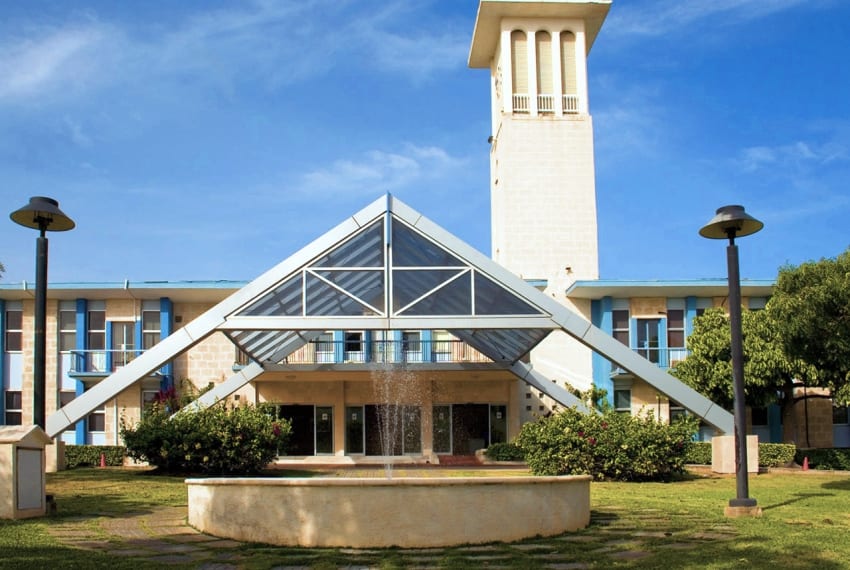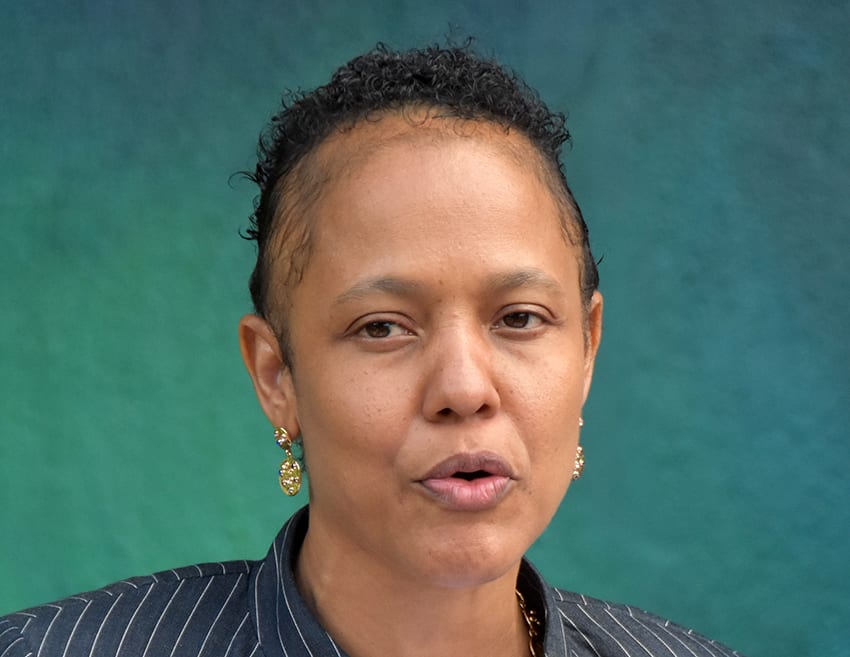
The University of the West Indies (UWI), Cave Hill Campus, today launched Research Initiative for Supporting Education in the Caribbean (RISE Caribbean).
And Minister of Education, Technological and Vocational Training, Santia Bradshaw, gave high commendations to that institution and its partners – the University of South Florida World and the United States Agency for International Development (USAID) – for the potential it holds for the region.
An outcome of the initiative is the setting up of the Caribbean Educational Research Centre in the Faculty of Humanities and Education at the Cave Hill Campus. It will meet the needs for research evidence to inform educational planning, policy making and practice in the Eastern Caribbean and Barbados.
At the launch, beamed globally via UWI TV, Minister Bradshaw, said: “Out of this research, we anticipate the achievement of a repository for research; support for decision making processes for educational innovation; the contribution to the creation of international ties that facilitates the exchange of research and information; the placement of the University of South Florida and the University of the West Indies now as equal partners; facilitation of cross cultural collaboration differences, and the creation of opportunities for growth and development.”
Expressing gratitude to USAID, which is contributing US$3.6 million to the initiative, and the UWI for providing US$3 million and conceptualising it, she stressed it was “a step in the right direction as we move towards a data-driven education reform system”.
The Education Minister, who pointed out that research played a vital role in contributing to our economic, social and physical wellbeing, acknowledged that in essence, research has underpinned theory and practice, especially in disciplines such as education.
“The linkage that has been forged between USAID and the University of the West Indies can play a significant role in the development of education in Barbados and indeed the region,” she stated, while adding that the collaboration between these entities could not have come at a more pivotal point.
Elaborating, Ms. Bradshaw said the combined vision of USAID in strengthening partner countries and their capacity to deliver quality learning opportunities for children and youth, along with The UWI’s drive to establish the Caribbean Educational Research Centre, augured well for the collection of meaningful evidence and for that evidence to be used to make informed decisions in education.
“At this time, especially in the midst of the COVID-19 pandemic, a functioning educational research centre with an interdisciplinary research focus that supports decision-making and policy development for educational innovation is indeed welcomed.

“It has not only the potential to improve the quality of education at the nursery, primary, secondary and tertiary levels but will provide opportunities for students within various colleges and universities to contribute to the development of their countries. In effect, the research conducted has the potential to positively impact the lives of approximately 1,500 leaders in education, 10,000 teachers and 200,000 students,” she said.
While acknowledging that the Ministry looked forward to the research centre spearheading investigation into issues specific to education in the sub-region, she listed among these: the impact of COVID-19 on teaching and learning; the impact of assessment practices in the region, and factors that might influence students’ achievement across the entire region.
The Education Minister also shared that she welcomed the emphasis being placed on findings relevant to the Caribbean context, and the usage of these findings to develop best practices within education.
Meanwhile, Director of the School of Education, Cave Hill Campus, Professor Joel Warrican, said: “RISE Caribbean is the response to the dearth of educational data for research purposes in the sub region.”
Explaining that the exercise seeks to address the shortage of skilled educational researchers in the region, he said one of the challenges faced was “not having enough researchers to undertake large-scale research projects”.
“The outcome is that we often import the expertise only to have our research data interpreted by people who do not know or understand the Caribbean context and who minimise the innovative context appropriate work done, for example by our teachers,” he lamented.
According to him, in addition to more researchers, the region could expect more capacity building activities to train and support teachers, personnel from Ministries of Education and graduate students in the School of Education.
